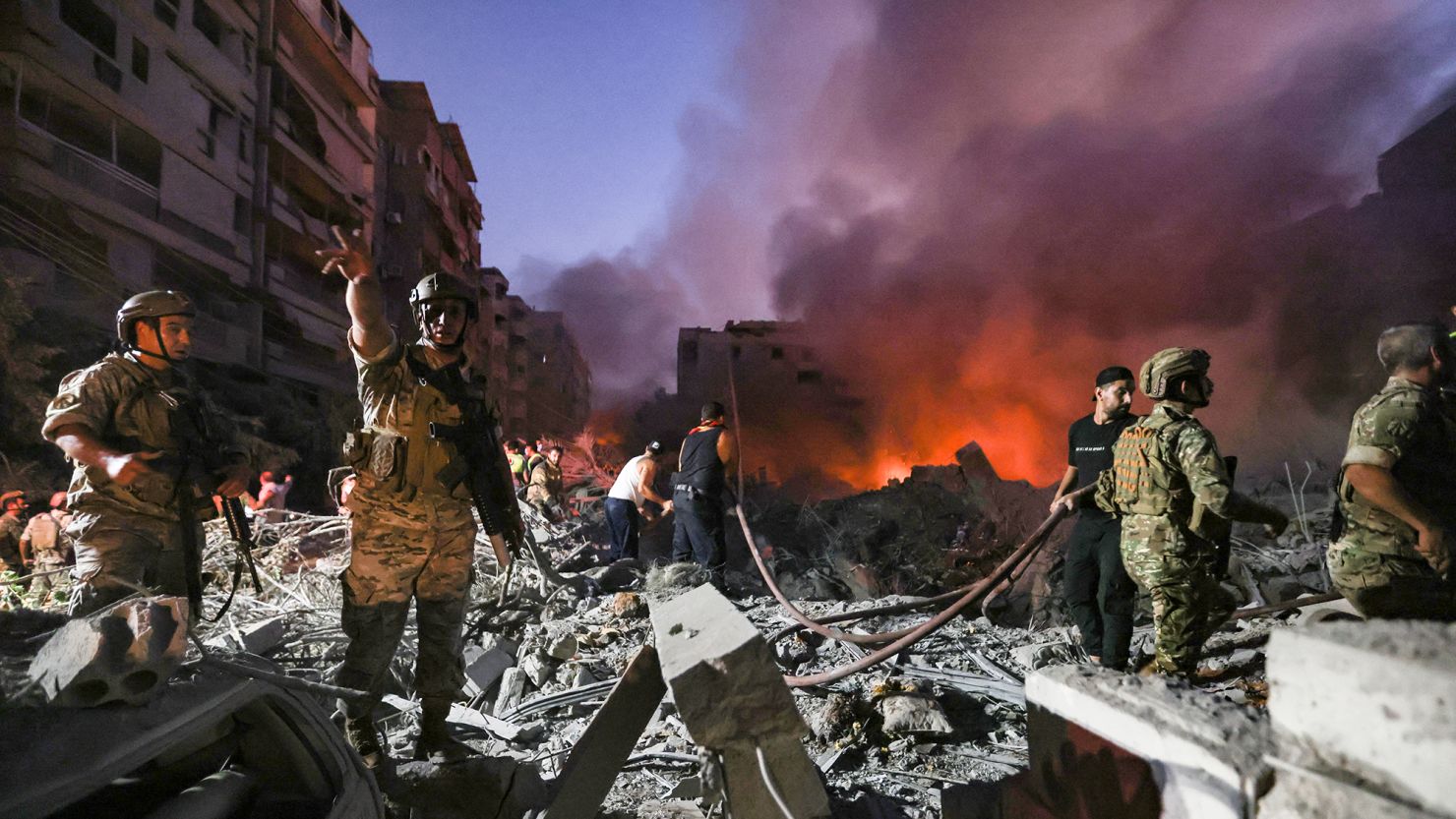Reports from the Israeli Broadcasting Agency have revealed that Israel may remain in south Lebanon past the 60-day deadline stipulated in the ceasefire agreement.
Earlier today, Israeli Defense Minister Israel Katz warned that “Israel will be forced to act” if Hezbollah does not withdraw from south Lebanon.
“If Hezbollah does not withdraw beyond the Litani River, there will be no agreement,” said Katz.
“If this condition is not met, there will be no agreement, and Israel will be forced to act independently to ensure the safe return of the residents of the north to their homes. Israel is interested in the implementation of the agreement in Lebanon and will continue to enforce it fully and without compromise to ensure the safe return of the residents of the north to their homes.”
The ceasefire agreement stipulates that both Hezbollah and Israel have a 60 day period to withdraw behind the Litani River and the blue line respectively.
Hochstein to Visit Beirut
Since the US and France brokered deal was enacted on November 27, Israel has violated the agreement over 350 times. Lebanese officials, including Parliament Speaker Nabih Berri who negotiated the deal, are expected to meet with US envoy Amos Hochstein, the architect of the ceasefire deal.
These violations have taken the form of airstrikes in the south and the Bekaa, the flight of drones over Beirut, the southern suburbs, and Tyre, in addition to the Israeli army demolishing a large number of civilian, agricultural and industrial infrastructure in the south under the pretense of attacking Hezbollah infrastructure.
Israel has also accused Lebanon of violating the ceasfire agreement by deploying forces of the Lebanese army ‘too slowly’, but the Israeli army has thus far refused to hand over control of various villages to the Lebanese army and continues to launch raids into Lebanese territory.
Israel has also accused Hezbollah of not adhering to its part of the agreement by not withdrawing to behind the Litani river, but since November 27, Hezbollah has ceased launching rockets into the occupied territories. Hezbollah has since launched one rocket attack that fell into an open area as part of what it called “a defensive warning” following Israel’s repeated violations.
Kassem: Our Patience May Run Out
On the commemoration of the assassinaiton of Qasem Soleimani, Secretary General Naim Kassem said that Hezbollah’s patience on the repeated Israeli violations may run out before or after the 60-day mark. However, Kassem also added that it is the responsibility of the Lebanese state to monitor the implementation of the agreement and that the concerned political factions must interfere to prevent further violations.
Hezbollah incurred heavy losses throughout the duration of the war, after the assassination of various of its founding members and commanders, including its leader Hassan Nasrallah. Hezbollah also incurred losses following the downfall of the Assad regime, which cut off a vital arms supply route via Syria.
Despite statements from both ends and Israel’s repeated violations, analysts say that the ceasefire is likely to hold as neither party is necessarily interested in re-igniting hostilities.
In Doha, Hamas officials are expected to meet with Israeli officials to discuss another ceasefire deal, although Hamas says it has seen no progress on that end and that any deal will depend on “withdrawal and a permanent ceasefire.”
In Yemen, the Houthis continue to fire ballistic missiles regularly at Israel in order to pressure them into a ceasefire in Gaza.


